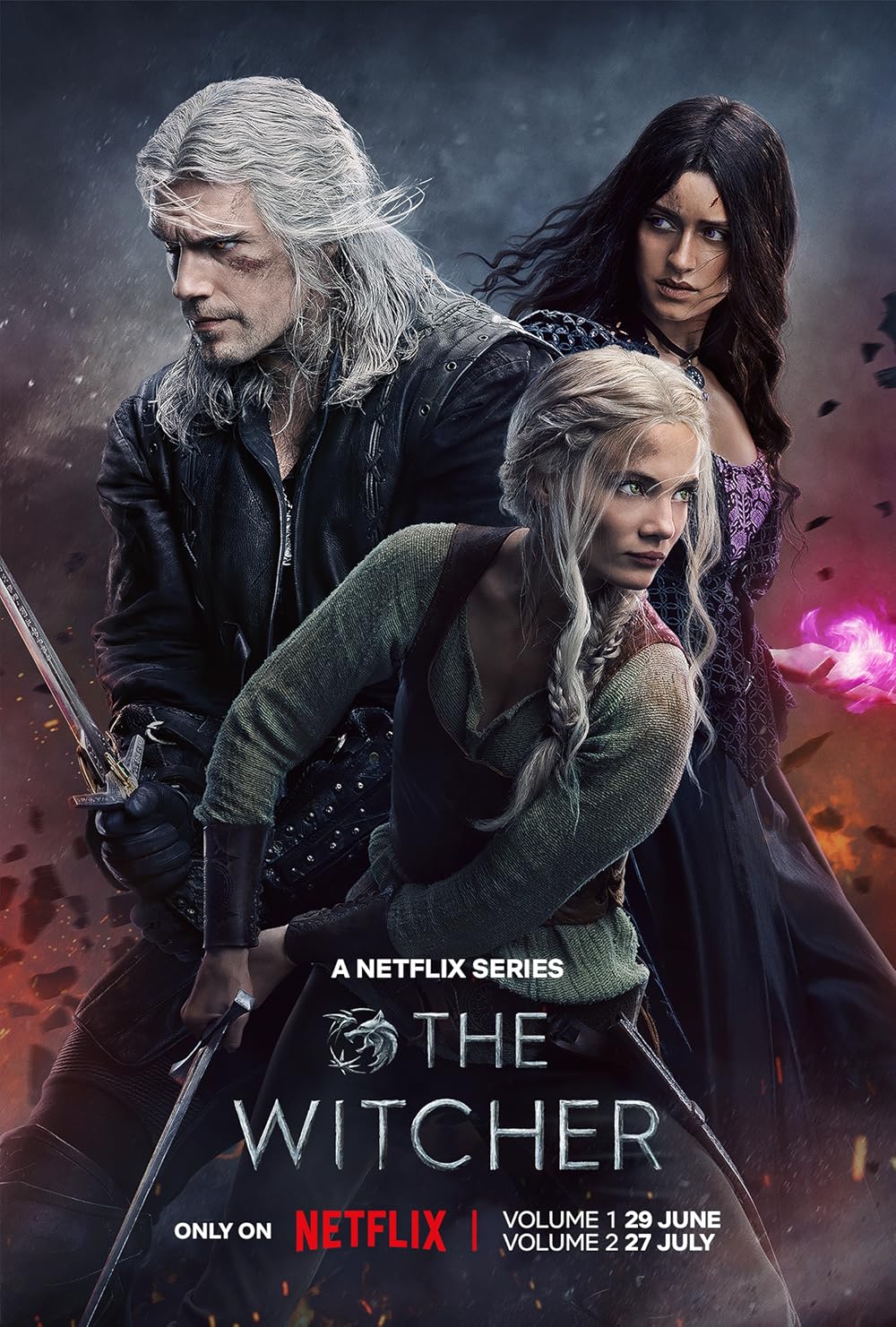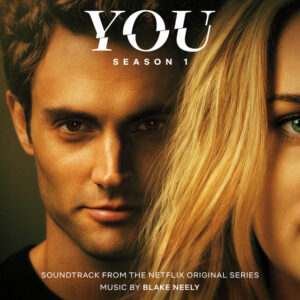The Witcher
The Witcher
The Witcher season three review – Henry Cavill’s pulse-quickening last stand as an anti-heroic hunk

The Witcher: A Deep Dive into Netflix’s Epic Fantasy Series
Netflix’s The Witcher has taken the fantasy television landscape by storm since its premiere in December 2019. Adapted from the renowned book series by Polish author Andrzej Sapkowski, The Witcher has garnered a dedicated global fanbase thanks to its rich lore, engaging storytelling, and mesmerizing action sequences. With three seasons released and more content on the horizon, the show has solidified its place as one of Netflix’s most successful and ambitious projects. This article explores the origins, plot, characters, themes, and cultural impact of The Witcher.
Origins and Adaptation
Before The Witcher became a global phenomenon, it was first a series of short stories and novels written by Andrzej Sapkowski, beginning in the 1980s. The saga follows Geralt of Rivia, a monster hunter with supernatural abilities who navigates a morally complex world filled with war, magic, and political intrigue. The books gained significant popularity in Poland and across Europe, eventually inspiring a successful video game series developed by CD Projekt Red, further propelling The Witcher into mainstream pop culture.
Netflix’s adaptation takes inspiration primarily from the books rather than the video games, although the influence of the latter is undeniable in terms of fan expectations and character portrayal. Showrunner Lauren Schmidt Hissrich took on the challenging task of translating Sapkowski’s intricate world into a serialized format, opting for a non-linear storytelling approach in the first season that divided audiences but ultimately set the stage for the show’s complex narrative.
Plot Overview
At its core, The Witcher follows the intertwined destinies of three main characters: Geralt of Rivia, Yennefer of Vengerberg, and Princess Cirilla (Ciri) of Cintra. Each character embarks on their own journey of self-discovery, survival, and fate.
- Geralt of Rivia (Henry Cavill) – A Witcher by trade, Geralt is a mutated monster hunter who struggles with his place in the world. Despite being perceived as emotionless, he often exhibits strong moral convictions and a deep sense of duty, particularly regarding Ciri.
- ennefer of Vengerberg (Anya ChalotraY) – A powerful sorceress with a tragic past, Yennefer undergoes a transformative journey from an outcast with a spinal deformity to one of the most formidable magic-wielders on the Continent.JACK RYANToo Hot to HandleJACK RYAN
- Ciri (Freya Allan) – The princess of Cintra, Ciri possesses mysterious magical abilities that make her a target for powerful forces. Her destiny is deeply tied to both Geralt and the greater conflicts brewing across the land.
The first season explores these characters’ backstories in separate timelines before converging by the finale, while the second and third seasons follow a more linear structure as they face greater threats from the Nilfgaardian Empire, mages, elves, and an impending multiversal war.
Themes and World-Building
One of The Witcher’s greatest strengths lies in its ability to blend fantasy elements with real-world allegories. The series delves into themes of destiny, identity, prejudice, and power struggles.
- Destiny and Free Will – A recurring motif in The Witcher is the idea of destiny versus personal choice. Geralt and Ciri are linked by destiny, but their journeys emphasize the importance of free will and personal agency.
- Discrimination and Social Hierarchies – The show portrays a world rife with racial and social tensions. Elves, dwarves, and non-humans face discrimination and persecution, mirroring real-world issues of racism and xenophobia.
- Power and Corruption – The political landscape of The Witcher is fraught with deception and ambition. Monarchs, sorcerers, and factions constantly vie for power, often at the expense of the innocent.
The world-building is another standout aspect, with The Witcher presenting a richly detailed and immersive setting. The Continent is a diverse realm filled with warring kingdoms, ancient magic, dangerous monsters, and a variety of cultures and languages, making it one of the most fully realized fantasy worlds in modern television.
Characters and Performances
The Witcher owes much of its success to its strong cast.
- Henry Cavill’s Geralt – Cavill’s portrayal of Geralt has been widely praised for capturing the character’s stoic nature, dry wit, and combat prowess. A lifelong fan of The Witcher universe, Cavill’s dedication to the role is evident in his physicality and nuanced performance.
- Anya Chalotra’s Yennefer – Chalotra brings depth to Yennefer’s complex arc, making her both a powerful and emotionally resonant character. Her transformation from an oppressed girl to a formidable sorceress is one of the show’s most compelling storylines.
- Freya Allan’s Ciri – As Ciri evolves from a naive princess to a formidable warrior, Allan’s performance grows stronger with each season, effectively showcasing the character’s resilience and inner turmoil.
- Joey Batey’s Jaskier – Providing much-needed comic relief, Batey’s portrayal of the charismatic bard Jaskier adds charm and levity to the otherwise dark and intense narrative. His song “Toss a Coin to Your Witcher” became a viral hit, further cementing his character’s popularity.
Action and Choreography
The Witcher is renowned for its breathtaking fight sequences, blending expert choreography with brutal realism. The first season’s Blaviken fight, in which Geralt takes on a group of mercenaries in one continuous shot, is a standout moment, showcasing Cavill’s commitment to performing his own stunts.
The battles and duels are meticulously crafted, with each character displaying a unique fighting style that aligns with their abilities. Yennefer’s magic-infused combat, Geralt’s fluid swordplay, and Ciri’s developing skills create a dynamic viewing experience.
Cultural Impact and Reception
Upon release, The Witcher quickly became one of Netflix’s most-watched series, with its blend of fantasy, action, and drama appealing to a broad audience. It reignited interest in Sapkowski’s books and CD Projekt Red’s video games, leading to increased sales and engagement across multiple media.
While the show has faced some criticism for its nonlinear storytelling in season one and certain deviations from the source material, it remains a cultural juggernaut. The departure of Henry Cavill after season three stirred controversy, with Liam Hemsworth set to take over the role of Geralt in season four. Despite mixed reactions, the series continues to expand, with spin-offs such as The Witcher: Blood Origin and animated films further exploring the lore.
Future of The Witcher
With season four and beyond in development, The Witcher is poised to delve deeper into the saga’s most pivotal moments. Showrunner Lauren Schmidt Hissrich has expressed a long-term vision for the series, with the potential for multiple seasons covering the remaining books.
Additionally, Netflix’s expansion of The Witcher universe through spin-offs and prequels suggests that the franchise will continue to evolve and captivate audiences for years to come.
Conclusion
The Witcher stands as a testament to the enduring power of fantasy storytelling. With its rich world, compelling characters, and thought-provoking themes, the series has firmly established itself as one of Netflix’s premier original productions. Whether you’re a longtime fan of the books and games or a newcomer drawn to its engaging narrative, The Witcher offers an unforgettable journey through a land of monsters, magic, and destiny.











Post Comment